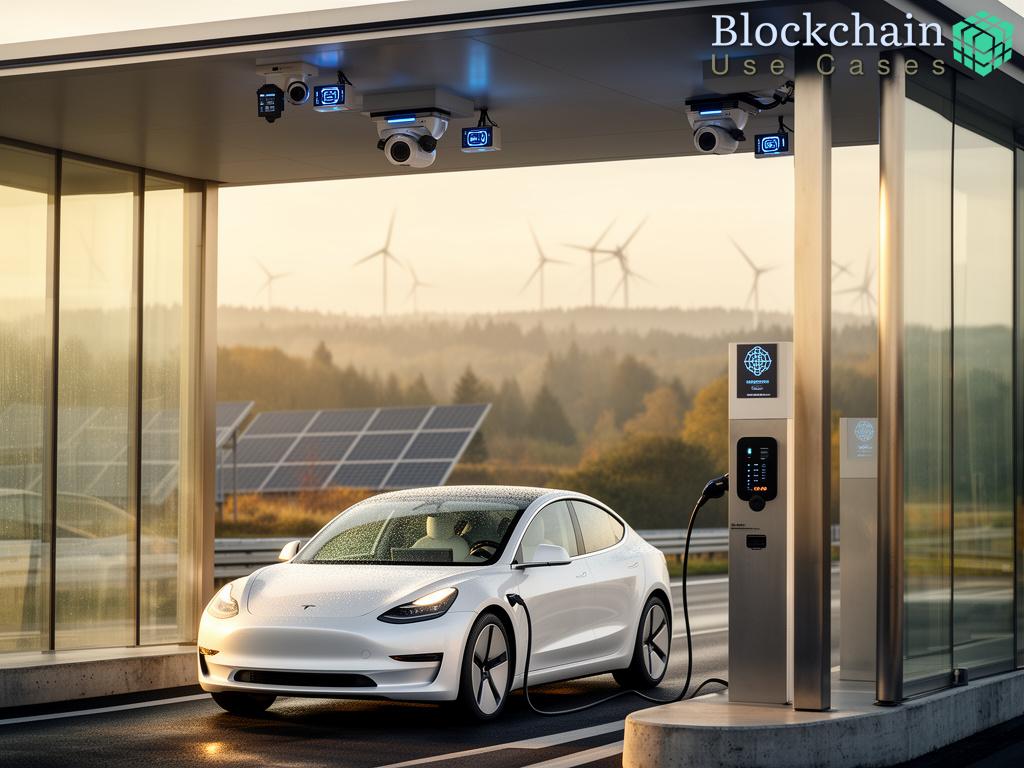Transforming Urban Landscapes with Smart Contracts

As cities evolve into complex ecosystems, the integration of IoT (Internet of Things) technology into urban infrastructure management is becoming increasingly vital. Smart contracts, self-executing agreements with the terms directly written into code, are set to revolutionize how municipalities manage resources, services, and interactions with citizens. They offer unprecedented transparency, efficiency, and security, paving the way for a more connected and responsive urban environment.
How Smart Contracts Enhance IoT Applications
The intersection of smart contracts and IoT is a game-changer for smart city initiatives. By automating processes, smart contracts eliminate the need for intermediaries, which can significantly reduce costs and increase speed. Here’s how they can be applied within urban settings:
- Resource Allocation: Smart contracts can automate the distribution of resources like water and electricity based on real-time consumption data.
- Traffic Management: Automated contracts can adjust traffic signals based on real-time traffic data, improving flow and reducing congestion.
- Public Safety: IoT-enabled sensors can trigger emergency protocols through smart contracts, ensuring swift responses in critical situations.
Building Trust and Efficiency in Urban Governance
One of the most compelling aspects of smart contracts is their ability to foster trust between citizens and government entities. By utilizing blockchain technology, these contracts provide an immutable record of transactions and agreements, enhancing accountability. This transparency can lead to increased citizen engagement and satisfaction as residents can see how their city is being managed. Moreover, the efficiency gained from automating processes allows municipal staff to focus on more strategic initiatives rather than mundane administrative tasks.





